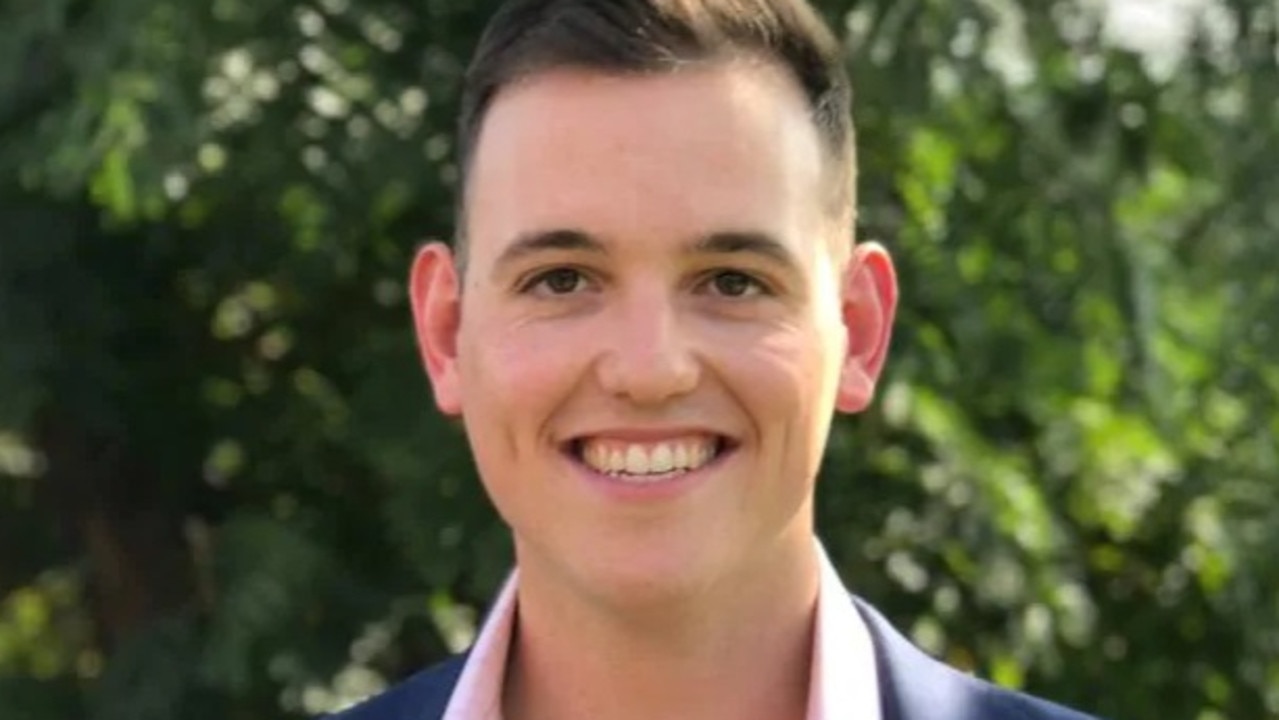News.com.au’s Cost of Living survey reveals common struggle to make ends meet
Everyday Australians have revealed their agonising struggle to make ends meet, as wages continue to stagnate while costs explode.

Soaring expenses, never-ending bills, low wages and inadequate welfare payments are creating a perfect financial storm that has left thousands of Aussies struggling to get by.
That’s according to news.com.au readers, who have revealed in their own words just how hard life in Australia can be in 2020.
Every two years, news.com.au runs its Cost of Living Survey to learn more about our readers’ biggest household money worries.
The results of the most recent survey are in – and it’s clear many of us are barely getting by.
Today news.com.au kicks off the Money Project, which will reveal the biggest money challenges facing Australian households and offer practical help on how to get your finances in shape for 2020.
As part of the survey, respondents were asked to select whether they felt they were on “Struggle Street”, “Barely Coping”, “Doing OK” or on “Easy Street” based on how they believed they were faring financially.
While a slight majority of 53 per cent believed they were “doing OK”, just 4 per cent were on “Easy Street” – meaning the rest were feeling the pinch, with 28 per cent on “Struggle Street” and 14 per cent “Barely Coping”.
When readers were asked how tough they were doing it now – and why – several common themes emerged.
Many of those on government benefits such as the age pension, Newstart, the Disability Support Pension (DSP) and Austudy reported earning an income so meagre they were left with just a few dollars once necessary expenses like rent and bills were paid.
“I am on the DSP and it covers my mortgage and then leaves me with $90 to live on,” one person reported, while another simply said: “Living off Austudy is impossible.”
“Although I get full payment of welfare along with Rent Assistance, more than half of my pay goes to rent and bills every single fortnight. If I’m lucky, I may have $20 to myself,” another said.
Another common theme was the impact of “crippling” bills and other regular, unavoidable costs.
“The huge increases in the electricity and gas prices have caused a nightmare for me. Also, as (I’m) recently retired and not eligible for a government pension, the land tax increases (and) council rates increases have eaten into my income severely,” one Aussie explained, while another said: “It’s almost impossible to save any money – every time I get a little stashed away, in comes the electricity bill to take it off me again.”
“We are living in the most expensive country in the world,” another claimed, while others reported “living pay cheque to pay cheque” and being “swamped” by bills, with “nothing left” after paying off expenses.
Others also said wages were not rising at the same pace as the cost of living.
“Government cost(s) have risen 20 per cent over the last decade, but our salaries have not. The poor are subsidising the rich … it is criminal,” one respondent said.
And others revealed their struggle to find adequate employment after losing previous jobs unexpectedly.
“I was made redundant due to the drought and there is no work available. We’re going backwards fast,” one said, while another wrote: “I am 62 and underemployed – my gross annual income is $30,863 and (I) am barely holding it together.”
And many also shared their agonising fear over how they would handle an emergency while they were living pay cheque to pay cheque.
“I can just cover bills but anything outside normal breaks me,” one reader said.
“(I) only eat every third day when (my) son (is) not with me. (I) can’t afford doctors or basic needs (and) rely on help from others …” another shared.
However, not everyone was struggling. Several of those who placed themselves in the “Doing OK” category described being able to save a little every payday – although many still reported feeling the pinch as a result of expensive factors like housing and childcare.
“I am not pay cheque to pay cheque and am able to put money away for savings. However, I also do turn down events and occasions because I do not have the funds,” one person explained, while another said they were “just managing to keep the bills paid” with “little to no going out”.
But it is a different story entirely for the lucky 4 per cent on “Easy Street”.
“Life has never been so good,” one posted, while another said: “I don’t spend more than I earn. Simples.”
“Saving at least 20 per cent of my income (per annum) and not a care in the world other than paying too much for everything,” another said.
GET BACK ON TRACK
According to Dominic Aarsen, an entrepreneur and founder of financial platform Make The Most of Your Money, there are some easy but crucial first steps to getting your finances back on track that anyone can take.
“The very first thing you should do is get a piece of paper out and write down exactly what you have – how much money you have in the bank and what you earn – then really break down your debt, assets and what you think they’re worth, which will give you the foundation,” he advised.
“Next, people should work out what their fixed and variable expenses are before writing up a budget or doing anything else. Your most important expense is usually rent or mortgage followed by groceries and bills and then things like petrol, phone bills and school fees – that should give you a pretty good picture of the bare minimum you have to spend.

“The next step is to find out where the rest of your money is going because most people find lots of their expenses are variable and not fixed and that lots of little things add up – for example, do you need to have Netflix and Stan, and do you need a $100 internet plan when everyone else is paying $70?”
Mr Aarsen said those wanting to take control of their money should then write out a plan regarding what they actually want to do with their cash, such as buy a house or build their savings, and only then start looking at ways of clawing back savings, like negotiating a better home loan rate, chasing up lost superannuation or looking into investing.
Another trick is to live off cash alone for a six-week period, which will help you to spend more mindfully and track how much money you’re actually spending.
And he said the easiest change with the biggest benefit was to automatically split your salary into different savings “buckets”, a strategy offered through his platform.
It means your wages are immediately divided into various accounts dedicated to different purposes, such as shopping, health or a house deposit, to make saving easier.




